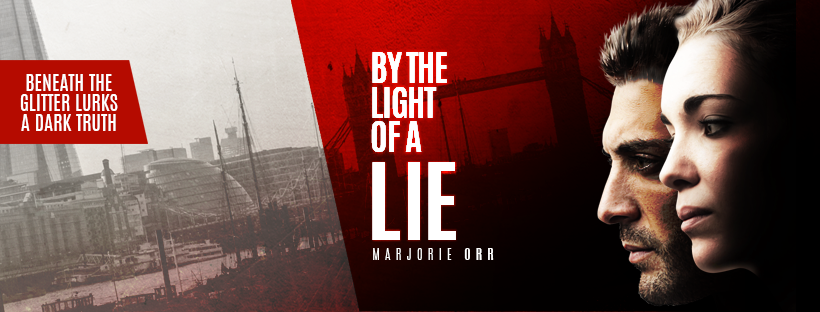 “My mother wanted us to understand that the tragedies of
your life one day have to potential to be the comic stories the next.” Nora
Ephron.
“My mother wanted us to understand that the tragedies of
your life one day have to potential to be the comic stories the next.” Nora
Ephron.
Laughing in the
face of adversity ain’t easy. Though oddly it comes more naturally if the
disaster is personal, once the initial meltdown is over obviously. The
unsolvable tragedies of others’ lives are a different matter. In a week filled
with heart-wrenching stories of refugees fleeing one repression to end up in
worse - in the USA, Italy, Hungary, Australia - there seems precious little to
smile about.
First-worlders have
a twinge of conscience, speak out against injustice, write letters to
newspapers. But since some problems are unfixable, in time they avert their
gaze and go back to complaining about their family angst, relationship woes,
rubbish collection and bank charges. All of which can be turned into jokes to
ease the irritation.
 Comedians are
generally tortured souls, who learnt they can attract attention by wisecracking
about their anguish. Happy optimists get by ignoring all the negativity and,
with a gambler’s instinct, assume life is guaranteed to get better round the
next corner. They wear a permanent smile knowing their lucky guardian angel
will wave them through.
Comedians are
generally tortured souls, who learnt they can attract attention by wisecracking
about their anguish. Happy optimists get by ignoring all the negativity and,
with a gambler’s instinct, assume life is guaranteed to get better round the
next corner. They wear a permanent smile knowing their lucky guardian angel
will wave them through.
“Laughing at the
universe liberated my life. I escape its weight by laughing.” Georges Bataille.
Which says it all. It’s an escape valve when the pressure cooker threatens to
blow. A rueful admission of a personal foul-up turned into an amusing party
piece dilutes the shame and invites sympathy from the hearers, relieved to know
they’re not the only imperfect ones.
 Wit, a
shape-shifting trickster roped in when feelings threaten to overload, isn’t
only a defence and a connector. It can also be an act of aggression,
highlighting another’s misfortune and putting them down. Leaving the recipient
in the impossible position of fending off the attack without being accused of a
sense of humour deficit.
Wit, a
shape-shifting trickster roped in when feelings threaten to overload, isn’t
only a defence and a connector. It can also be an act of aggression,
highlighting another’s misfortune and putting them down. Leaving the recipient
in the impossible position of fending off the attack without being accused of a
sense of humour deficit.
“Man makes plans . .
. and God laughs.” Michael Chabon.
 The fates (for the
irreligious) do have a sense of black farce. At least that’s my way of coping
with the random chaos of a life where carefully laid strategies are made
redundant as the path ahead takes an unexpected turn. Shrug, laugh, cope.
The fates (for the
irreligious) do have a sense of black farce. At least that’s my way of coping
with the random chaos of a life where carefully laid strategies are made
redundant as the path ahead takes an unexpected turn. Shrug, laugh, cope.
Laughter cuts me
down to size, makes me realize most of the time I’m not in control of the big
decisions or even of me at times. Humility and humiliation sit side by side in
the land of whimsy. But only at a personal level. In the face of major
disasters affecting others, there’s little room for banter.
 The cartoonists are
having a field day exposing Trump’s banal cruelty in caging children. In a
sense that’s an easy target. Not that he isn’t beyond appalling and utterly
shameless, but he’s only one of many leaders who are stonewalling refugees. And
truthfully wholly open borders are not a sane option for any country.
The cartoonists are
having a field day exposing Trump’s banal cruelty in caging children. In a
sense that’s an easy target. Not that he isn’t beyond appalling and utterly
shameless, but he’s only one of many leaders who are stonewalling refugees. And
truthfully wholly open borders are not a sane option for any country.
Humour can’t
encompass or deflect misery on this scale. So the thought that life would be
tragic if it wasn’t funny only extends so far.
Follow me on:
BUY my new crime thriller BY the LIGHT of a LIE at:
www.marjorieorr.com














